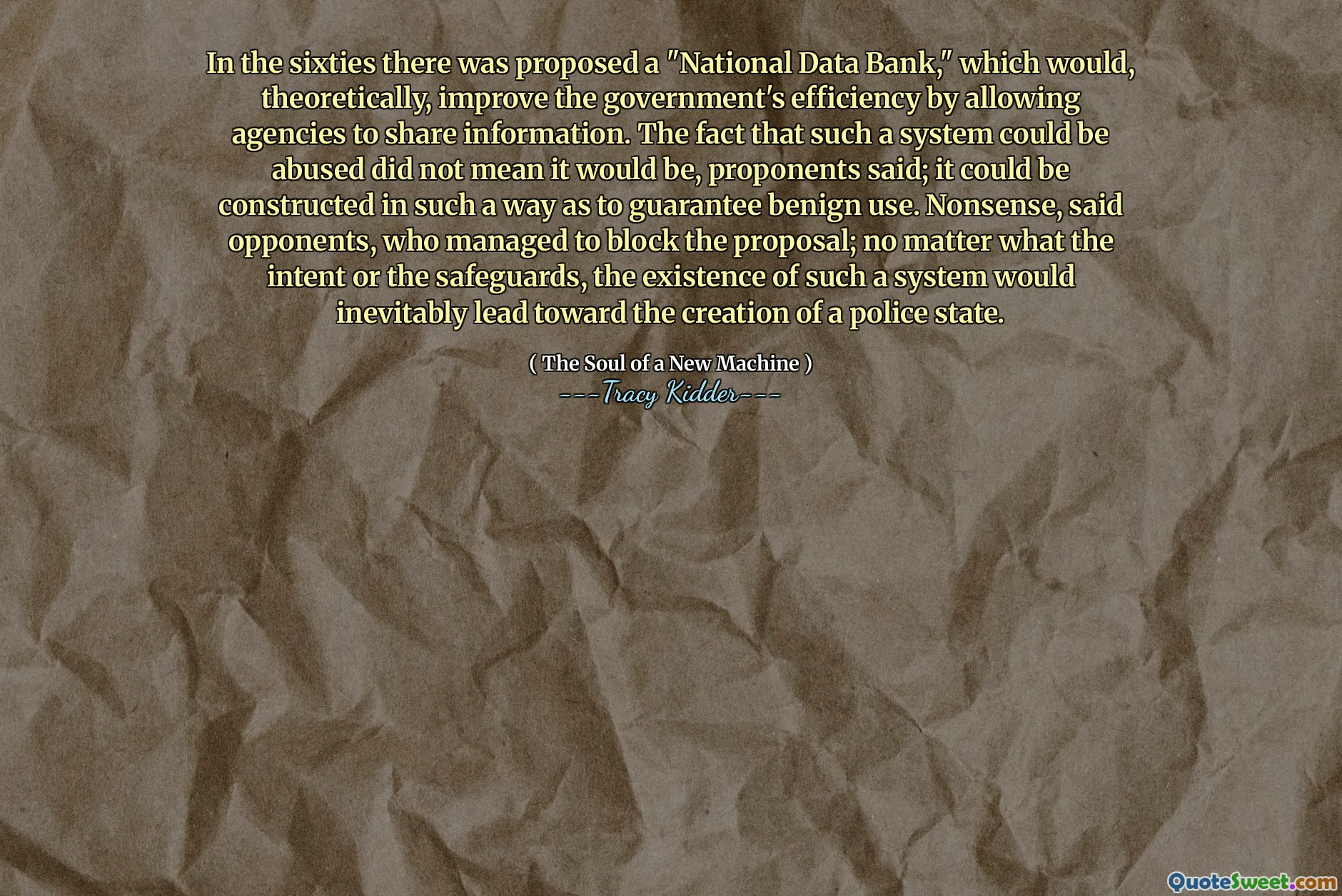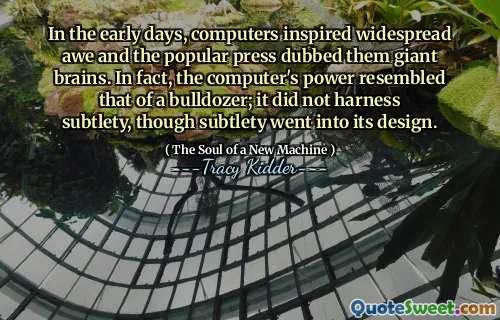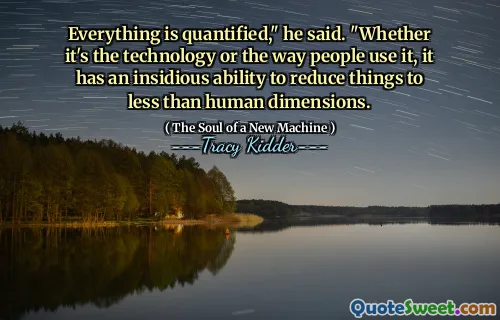
In the sixties there was proposed a "National Data Bank," which would, theoretically, improve the government's efficiency by allowing agencies to share information. The fact that such a system could be abused did not mean it would be, proponents said; it could be constructed in such a way as to guarantee benign use. Nonsense, said opponents, who managed to block the proposal; no matter what the intent or the safeguards, the existence of such a system would inevitably lead toward the creation of a police state.
In the 1960s, there was a proposal for a "National Data Bank," aimed at enhancing government efficiency by facilitating information sharing between agencies. Proponents believed that with the right design, the system could function in a harmless manner despite concerns about potential misuse. They argued that safeguards could be implemented to ensure responsible usage. Opponents, however, vehemently disagreed, fearing that such a system would ultimately lead to increased governmental control and the erosion of civil liberties, perpetuating a police state.
The debate around the National Data Bank proposal highlighted the tension between efficiency and privacy. Advocates highlighted potential benefits for administrative improvement, while critics raised alarms about the risk of surveillance and abuse of power. Ultimately, the critics prevailed, blocking the initiative, as they feared that no amount of regulation could prevent the detrimental consequences of established data systems on individual freedoms and societal trust.











